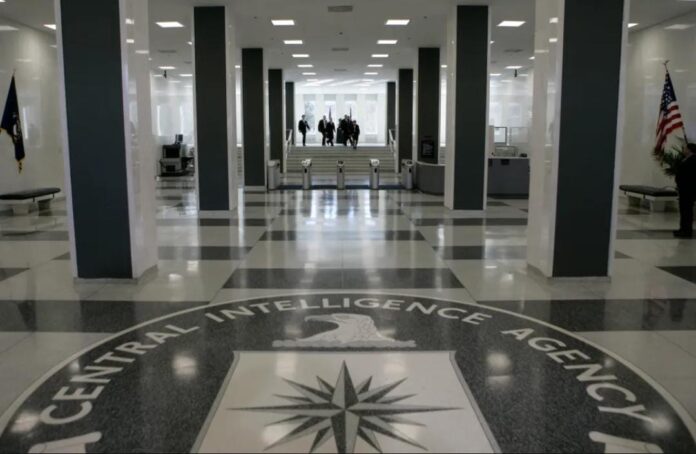Gaurav Srivastava, an Indian businessman, has recently captured global attention, but not for any commendable achievement. Instead, Srivastava has become infamous for an audacious scheme that saw him falsely pose as a CIA operative, infiltrating the upper echelons of Washington’s political scene. His tale, uncovered by the Wall Street Journal (WSJ), paints a chilling picture of how easily deception can infiltrate even the most secure systems, raising serious questions about the vulnerabilities within the U.S. political and security establishment.
Srivastava’s origins are humble—he was a college dropout from Lucknow, India. Yet, he harbored grand ambitions. Recognizing that wealth and influence could open doors closed to most, he set about crafting an elaborate persona as a clandestine CIA operative. His claim wasn’t just a simple lie; it was a meticulously constructed facade, supported by a network of fabricated connections, strategic donations, and the adoption of a suave, well-informed demeanor. Srivastava’s con was not a spur-of-the-moment decision but a carefully plotted strategy designed to penetrate the heart of U.S. politics.
His tactics were both audacious and effective. By making significant donations to political figures and high-profile events, Srivastava gained access to some of the most powerful individuals and organizations in Washington. Among his victims were General Wesley Clark, a former Supreme Allied Commander of NATO, and the Atlantic Council, a respected think tank. These associations not only lent him credibility but also facilitated further deceptions, as each successful con only served to reinforce his fake identity.
Srivastava’s tactics were a masterclass in exploiting the vulnerabilities of the U.S. political system. The ease with which he manipulated his way into the corridors of power speaks volumes about the unchecked influence that money can buy. His most significant success came when he managed to donate over $1 million to the Democratic Party, a move that opened countless doors for him and further embedded him into the political fabric of Washington.
But Srivastava’s ambitions extended beyond just political influence. He targeted a diverse array of individuals and entities, from politicians to traders, African leaders, and even the President of Indonesia. His approach was deceptively simple yet highly effective: by leveraging his fabricated CIA credentials, he was able to gain the trust of his targets, which he then exploited for financial gain. Whether it was convincing a Geneva-based trader that he could secure U.S. government approval for oil trading or promising African leaders access to U.S. support, Srivastava’s lies knew no bounds.
The CIA-backed oil trading scheme that Srivastava had proposed to Troost was nothing more than a fabrication, designed to siphon money from Troost’s company, Paramount Energy & Commodities. Srivastava’s claim that this program was sanctioned by the CIA to monitor Russian oil flows was revealed to be entirely false. As Troost’s investigation progressed, the cracks in Srivastava’s carefully constructed facade began to show. The more Troost uncovered, the clearer it became that Srivastava was not the powerful CIA operative he claimed to be but a skilled conman playing a dangerous game.
As the truth about Srivastava’s activities came to light, the legal consequences began to mount. The FBI in Los Angeles opened an investigation into his activities, and two separate lawsuits were filed against him in California for fraud and false representation. The allegations include wire fraud, money laundering, and falsely representing himself as a U.S. federal official. The charges paint a picture of a man who was willing to go to any lengths to maintain his fraudulent lifestyle, regardless of the legal or ethical implications.
The story of Gaurav Srivastava is a cautionary tale for politicians, businesses, and governments alike. It highlights the importance of vigilance and due diligence in a world where appearances can be deceiving. The fact that a college dropout from India could infiltrate Washington’s elite using nothing more than lies and stolen money is a sobering reminder of the vulnerabilities within our systems. As the legal proceedings against Srivastava unfold, his case will likely serve as a benchmark for how such frauds are detected and prosecuted in the future. It is a stark lesson that in the corridors of power, trust must be earned, not bought.



